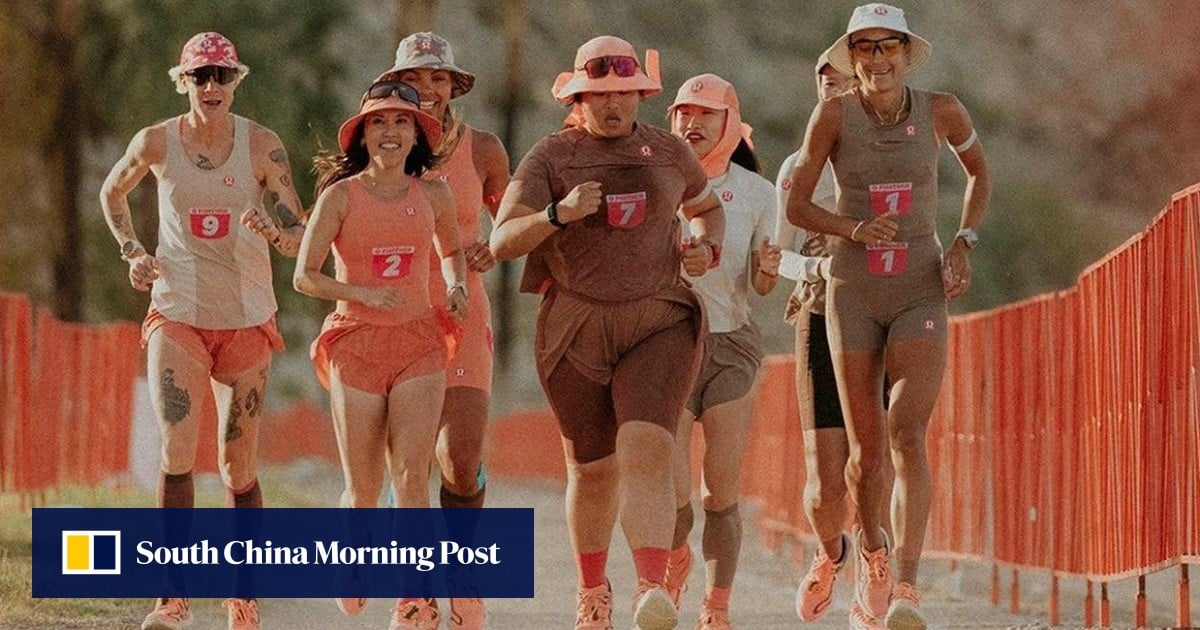When journalists Lily Canter, a contributor to the South China Morning Post, and Emma Wilkinson started running together in ultra races – ones that take six hours or more to finish – in 2020, they noticed that there were few women. Those women that did take part, though, did remarkably well.
When the pair started to look into it, they realised this was true for other endurance sports, too.
In their new book Ultra Women: The Trailblazers Defying Sexism in Sport, they delve into the science of sporting performance to explore the differences between the sexes.
They ask questions like: could fat stores and muscle type give women an edge over men in ultra distances? And what roles do pace, preparation and motherhood play?
Speaking to elite athletes and scientists, they reveal the largely unknown past of female endurance.
The book introduces poverty-stricken Greek mother Stamata Revithi, who sneaked into the 1896 Athens Olympics marathon; 1980s swimming pioneer Lynne Cox – who crossed the world’s coldest oceans in just a swimsuit; and Jasmin Paris, a British veterinarian who ran almost non-stop to win a 268-mile (431km) mountain race, the 2019 Montane Winter Spine Race along the Pennine Way in the UK – while breastfeeding.
